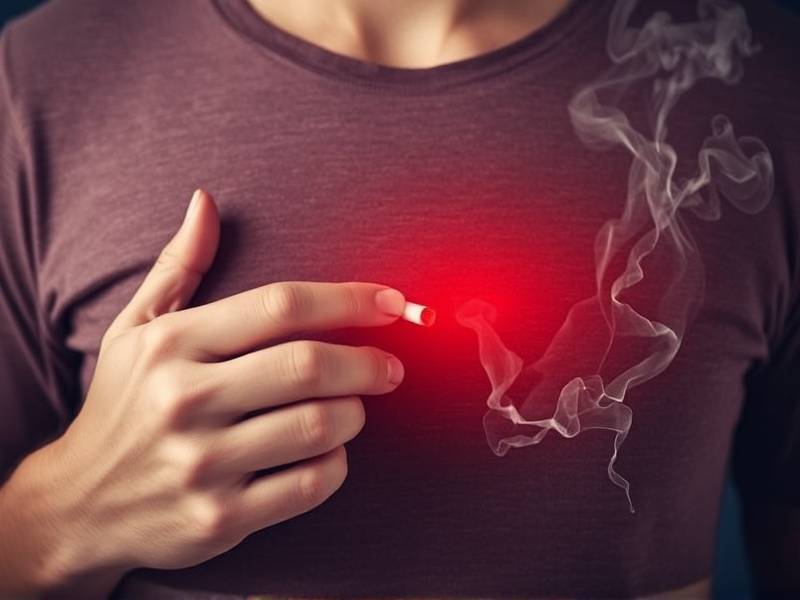Will My Heart Rate Go Up When I Quit Smoking?
Understanding the Impact of Quitting Smoking on Heart Rate
Introduction: Quitting smoking is a significant step towards improving one's health. However, many individuals are often concerned about the changes that occur in their bodies after they stop smoking. One common question is whether their heart rate will increase when they quit smoking. In this article, we will explore this topic and provide you with valuable insights.
What is Heart Rate? Before we delve into the impact of quitting smoking on heart rate, let's first understand what heart rate is. Heart rate refers to the number of times your heart beats per minute. It can vary depending on factors such as age, fitness level, and physical activity.

Does Quitting Smoking Increase Heart Rate? When you quit smoking, your body goes through various changes as it tries to heal itself from the damage caused by tobacco. One of these changes is the adjustment of your heart rate.

-
Immediate Impact: In the initial days after quitting smoking, your heart rate may temporarily increase due to withdrawal symptoms and nicotine cravings. This increase is usually mild and short-lived.
-
Long-term Impact: Over time, as your body adjusts to life without nicotine, your heart rate tends to stabilize and may even decrease slightly compared to when you were smoking. This is because your cardiovascular system becomes healthier without the constant exposure to harmful chemicals present in tobacco.
The Role of Nicotine: Nicotine is a stimulant that causes an increase in heart rate and blood pressure. When you quit smoking, you no longer have this stimulant affecting your body. As a result, your heart gradually returns to its normal rhythm.
Benefits of Lowered Heart Rate: A lower heart rate has numerous benefits for your overall health:
- Reduced risk of cardiovascular diseases
- Improved blood circulation
- Decreased blood pressure
- Enhanced oxygen supply to vital organs
Conclusion: In conclusion, while there may be a temporary increase in heart rate when you quit smoking due to withdrawal symptoms, the long-term effect is often a stabilization or even a decrease in heart rate. It's essential to understand that quitting smoking has numerous health benefits that outweigh any temporary adjustments in heart rate. So, if you're contemplating quitting smoking, rest assured that your body will gradually adapt and improve its cardiovascular health over time.
Remember, seeking support from healthcare professionals or joining support groups can help make the process easier and more manageable during this transition period. Take charge of your health today by making the decision to quit smoking!
